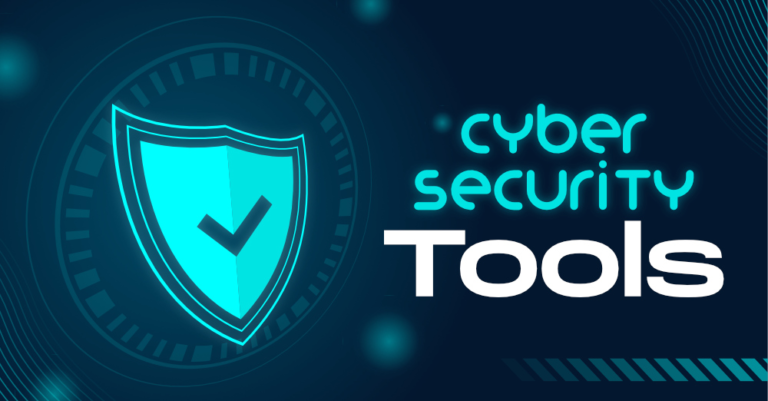Don't miss our holiday offer - up to 50% OFF!

How Internet Speed Impacts Streaming Services
How Internet Speed Impacts Streaming Services
In the digital age, streaming services have become a cornerstone of our entertainment habits. Platforms like Netflix, Hulu, Disney+, and Amazon Prime Video offer a vast array of movies, TV shows, and exclusive content that can be accessed with just a few clicks. However, the quality of this streaming experience is heavily influenced by one critical factor: internet speed. Understanding how internet speed impacts streaming services is essential for optimizing your viewing experience and making informed decisions about your internet plan.
The Role of Internet Speed in Streaming Quality
Internet speed, measured in megabits per second (Mbps), determines how quickly data is transmitted from the internet to your device. For streaming services, this data transfer speed affects both the quality of the video and the overall user experience.
- Resolution and BitrateStreaming services offer content in various resolutions, ranging from standard definition (SD) to high definition (HD), full high definition (FHD), 4K Ultra HD, and beyond. The higher the resolution, the more data needs to be transmitted per second. This data is referred to as the bitrate.
- SD (Standard Definition): Requires a lower bitrate, typically between 1-3 Mbps. This is sufficient for a basic viewing experience on smaller screens.
- HD (High Definition): Requires a bitrate of 3-5 Mbps. This provides a clearer picture and is suitable for larger screens.
- FHD (Full High Definition): Needs about 5-8 Mbps. This is ideal for larger screens and offers a sharper image.
- 4K Ultra HD: Requires a significant amount of data, typically between 15-25 Mbps. This high resolution provides exceptional detail and is best enjoyed on large, high-definition displays.
- Buffering and LagBuffering occurs when a streaming service preloads data to ensure smooth playback. If your internet speed is not sufficient, buffering can happen frequently, disrupting your viewing experience. Lag, or delays in streaming, can also occur if your connection cannot keep up with the data demands of the video stream. These issues can lead to frustration and an overall diminished experience.A stable and fast internet connection reduces the likelihood of buffering and lag, providing a smoother and more enjoyable viewing experience.
Factors Affecting Internet Speed
Several factors can influence your internet speed and, consequently, the quality of your streaming experience:
- Connection Type
- Fiber Optic: Offers the highest speeds and is typically the best option for streaming in high resolutions like 4K. Fiber optic connections provide consistent performance and low latency.
- Cable: Generally provides good speeds and reliability, suitable for HD and FHD streaming. However, speeds can fluctuate depending on network congestion.
- DSL (Digital Subscriber Line): Offers lower speeds compared to fiber and cable. It may be adequate for SD and HD streaming but could struggle with higher resolutions.
- Satellite: Often has higher latency and lower speeds, which can affect streaming quality. It may not be ideal for high-definition or 4K content.
- Cellular Networks (4G/5G): Can provide high speeds, especially with 5G technology, but data caps and network congestion can impact performance.
- Network CongestionDuring peak usage times, such as evenings or weekends, network congestion can occur. This happens when many users are accessing the internet simultaneously, which can reduce your available bandwidth and affect streaming quality. Internet service providers (ISPs) may throttle speeds during these times to manage network traffic.
- Router and Device CapabilitiesThe quality of your router and the capabilities of your streaming device also play a role in internet speed and streaming quality. Older routers may not support the latest Wi-Fi standards, which can limit your speeds. Similarly, some devices may not be capable of handling higher resolutions or higher bitrates.
- Wired vs. Wireless ConnectionsWired connections, such as Ethernet, generally offer more stable and faster speeds compared to wireless connections. If you experience issues with streaming quality over Wi-Fi, switching to a wired connection may improve performance.
- ISP ThrottlingSome ISPs may throttle or limit your internet speed based on your data usage or the type of content you are streaming. This can impact your ability to stream content at higher resolutions or maintain a consistent viewing experience.
Optimizing Your Streaming Experience
To ensure the best possible streaming experience, consider the following tips:
- Check Your Internet SpeedUse an online speed test tool to measure your current internet speed. This will give you an idea of whether your connection is sufficient for your desired streaming quality. Most streaming services also provide recommended speed requirements for different resolutions.
- Upgrade Your Internet PlanIf you frequently experience buffering or low-quality streams, it may be worth upgrading your internet plan to one with higher speeds. This can provide a more reliable and higher-quality streaming experience.
- Optimize Your Router SettingsEnsure your router is up to date and configured for optimal performance. Position it centrally in your home to minimize interference and improve signal strength. Consider upgrading to a modern router that supports the latest Wi-Fi standards.
- Use Wired ConnectionsFor the most reliable streaming experience, use a wired Ethernet connection when possible. This can reduce latency and provide a more consistent connection compared to Wi-Fi.
- Limit Background UsageMinimize the number of devices and applications using your internet connection while streaming. Background activities like downloads or other streaming can consume bandwidth and impact streaming quality.
- Monitor ISP PoliciesBe aware of your ISP’s policies on data usage and throttling. If you experience issues, contact your ISP to discuss potential solutions or consider switching providers if necessary.
Conclusion
Internet speed is a crucial factor in determining the quality of your streaming experience. By understanding how speed affects streaming and taking steps to optimize your connection, you can enjoy uninterrupted, high-quality content. Whether you’re watching the latest blockbuster in 4K or catching up on your favorite TV shows in HD, a fast and reliable internet connection ensures you get the most out of your streaming services.

